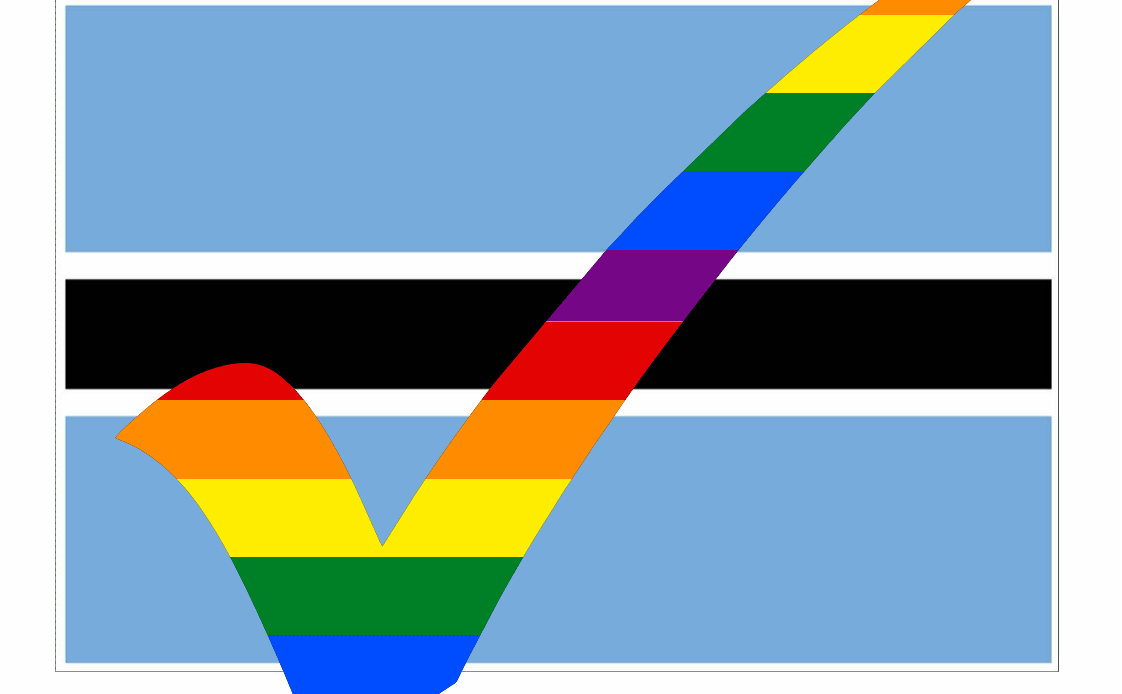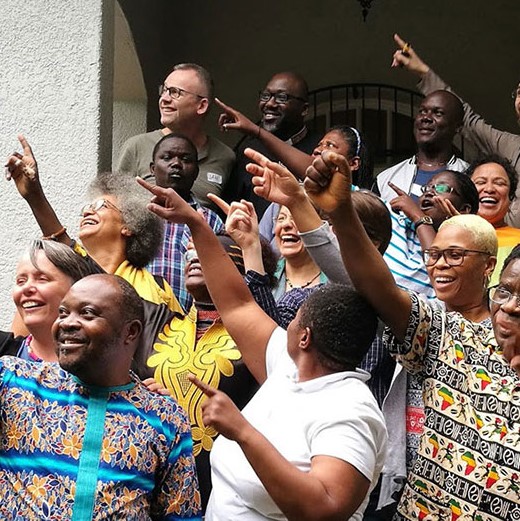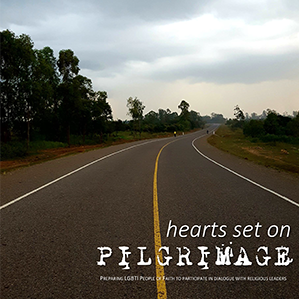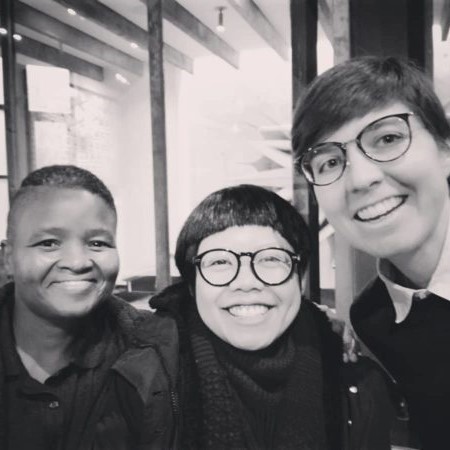 For Immediate Release.
For Immediate Release.
On Tuesday 11 June the Gaborone High Court ruled in favour of decriminalizing consensual same sex relations in Botswana. Today we stand in solidarity, and joy, with LGBTIQ community of Botswana and all people of the country, as the court’s judgement clearly ruled in favour of inclusion and equality for all, thereby breaking with colonial history.
The judgement came after the Court heard an application by Letsweletse Motshidiemang, challenging the constitutionality of sections 164(a), 164(c) and 167 of the Botswana Penal Code which criminalised “unnatural Offences” and “indecent practices”. Lesbians, Gays & Bisexuals of Botswana (LEGABIBO) was accepted as an amicus curiae. The provisions, which were introduced into law in Botswana by the previous British colonial authority, essentially criminalised consensual sexual acts between consenting adults of the same sex. This created a climate in which people could be discriminated against, harassed or subjected to violence with impunity because of their real or perceived sexual orientation.
The judgement has been widely hailed as landmark judgement for the African continent. As the Southern African Litigation Centre noted yesterday, tweeting portions of the judgement from the courtroom: “Equality means affirmation not denial of self. Equality means difference is celebrated. Sections 164 and 165 of Penal Code violates privacy, liberty, dignity and is discriminatory in effect.’’
With this judgement, Botswana has become the latest country on the continent to decriminalize same sex relations, after Angola in January 2019, Seychelles in June 2016, Mozambique in June 2015 and São Tomé and Príncipe, and Lesotho in 2012.
However, 29 other countries in Africa retain laws criminalizing same sex relations, including Kenya. Too often, discrimination and violence against the LGBTQI people are justified on the basis of LGBTQI rights being “Western impositions” and against African traditional values and religion.
The claim that sexual diversity is Western and “un-African” has been refuted many times. Research shows examples of traditional practices in some communities such as women having female husbands and men having male wives; and African traditional religious leaders who are inhabited by an opposite sex ancestor and therefore exhibit characteristics of that sex, including their choice of intimate partner (see The Johannesburg Declaration, 2018 ). African faith and cultural traditions have long included the understanding that all human beings are created in the image of God, and have inherent dignity, and that we have a duty to care for the vulnerable and marginalized in our societies, communities and families.
As a participant in the Hearts Set on Pilgrimage workshop (which GIN is running this week in Gaborone) said yesterday after the judgement, “I feel relieved after what happened yesterday at court… I feel like I have been carrying a huge burden and now it’s no more!”
This fundamental commitment to care for others is now reflected in Botswana’s law, and we celebrate the decision of the high court in making this commitment. This decision signifies a strong movement forward in favour of equality, inclusion and breaking with the country’s colonial legacies. We hope that this judgement will inspire other African countries to follow suit!





